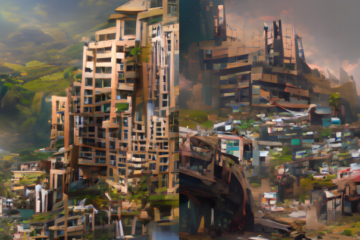This latest generation of the web has introduced blockchain, a distributed immutable ledger, and smart contracts, public, auditable code run on a distributed global computer. While they are innovative pieces of technology, the true impact of blockchain and smart contracts is delivered by what people build using them. The use of smart contracts to create token systems has introduced a new, powerful tool to building distributed communities and coordinating action across them.
A decentralized autonomous organization, or DAO, is an organization whose membership is generally defined as those holding the applicable governance token. These tokens are not trapped inside borders, they can be distributed and transferred digitally through the power of the blockchain. DAOs use their tokens not only to prove membership but to also coordinate action. Each token is also a form of representation and generally equals one vote when the DAO considers a proposed action to take. Thus, tokens enable verification of membership and coordination of action, previously some of the fundamental roles of government.
Possible Outcomes
70%
As the technology and tooling around DAOs continue to improve, DAOs will offer a competing system of organization to traditional governments (local, state, federal). People will be able to seamlessly join governed communities that better align with their values without bearing the burden of physical relocation and exhaustive immigration procedures. The new form of mobility will foster stronger feelings of representation, increased trust in governance bodies, and more direct involvement in organization governance.
20%
While DAOs offer a shiny alternative to traditional government, it is not clear that they will solve the citizen apathy issue that plagues many political systems today. In fact, the current generation of DAOs require significantly higher levels of voting engagement to achieve representation. The outcome will be an overwhelming number of DAOs that leads to increased societal apathy towards governance, to the point where both traditional government and DAOs fail.
10%
Somewhere between #1 and #2.
Steps Society Can Take
Incentives
While continuing to develop the underlying technology powering DAOs is important, the most critical issue is addressing active participation. To achieve the desired level of participation, individuals need to be properly incentivized to avoid the apathy we see in political participation today. This could manifest as monetary rewards or social/prestige signaling.
Early government involvement
DAOs leverage blockchain technology to achieve desirable traits like digital participation, transparency, and immutability. Traditional governments can unlock these characteristics by choosing to adopt DAOs into their organization structure.- World-wide coordination
Many issues facing society are larger than individual countries (e.g., climate change). DAOs present a model for coordinating action across borders without coordination between governments.





0 Comments